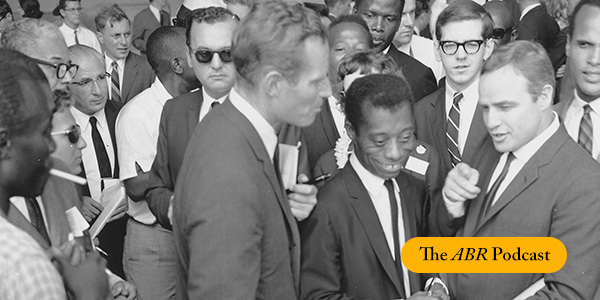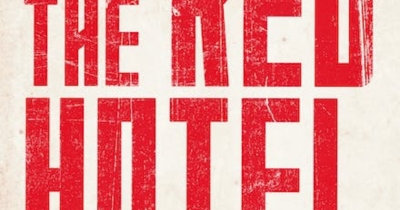Accessibility Tools
- Content scaling 100%
- Font size 100%
- Line height 100%
- Letter spacing 100%
Headline
The ABR Podcast
Released every Thursday, the ABR podcast features our finest reviews, poetry, fiction, interviews, and commentary.
Subscribe via iTunes, Stitcher, Google, or Spotify, or search for ‘The ABR Podcast’ on your favourite podcast app.
Episode #201
‘James Baldwin this time’
by Paul Kane
This week on the ABR Podcast, Paul Kane marks the centenary of James Baldwin with an essay on this indispensable prophet. Kane tells us: ‘Baldwin insisted that the only way forward, the only way out [for America], was through a renovation of the self, and this could only be accomplished through deep communication and empathy’. Paul Kane is Professor Emeritus as Vassar College in upstate New York. Listen to Paul Kane’s ‘James Baldwin this time: The centenary of an indispensable prophet’, published in the August issue of ABR.




